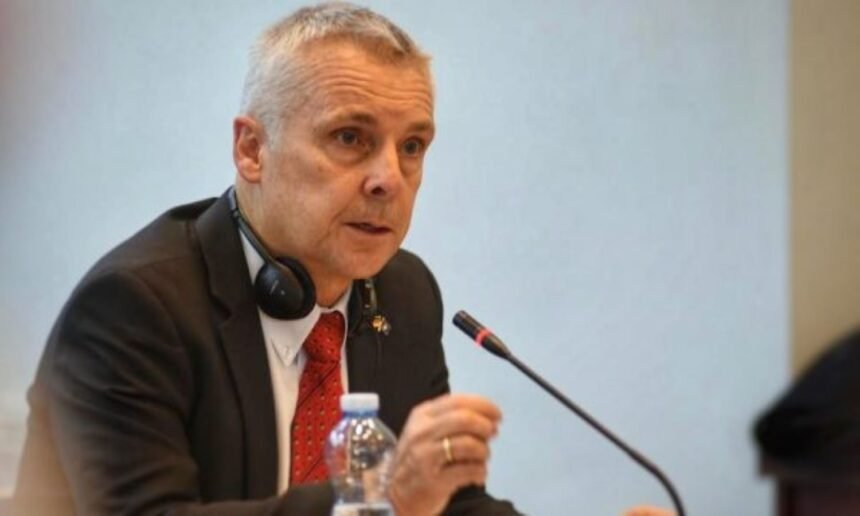Ahead of Kosovo’s upcoming parliamentary elections on February 9th, Germany has donated servers and equipment to the Central Election Commission (KQZ), aiming to secure a smooth and trustworthy electoral process. Ambassador Jörn Rohde highlighted that the donation ensures a secure election process, strengthens election administration bodies, and boosts public confidence, reports DW.
Election Preparations
As the elections approach, KQZ has confirmed that all preparations have been made for the elections. The upcoming vote will see 28 political entities competing, including 20 political parties, 5 coalitions, 2 citizen lists, and 1 independent candidate. Approximately two million voters are eligible, including 105,000 citizens living abroad. KQZ has already printed 1,752,650 ballots, which is fewer than the total number of voters, as voter turnout historically does not exceed 50%.
Fewer Ballots Than Voters
The KQZ explained that fewer ballots are printed to align with historical voter turnout. Of the 1,752,650 ballots, 1,664,100 are for regular voting within Kosovo, 28,450 are for conditional voting, 38,650 for people with special needs, and 21,450 for voting at diplomatic missions.
Germany’s Contribution to Electoral Integrity
Ambassador Rohde emphasized the importance of democratic values and a secure electoral process, noting that digitalization is key to Kosovo’s progress. The €140,000 donation will help ensure that Kosovo’s elections are secure both now and in the future.
The KQZ chairman, Kreshnik Radoniqi, praised the donation, stating that the modern servers will improve KQZ’s infrastructure and advance election standards in Kosovo. The donation will also enhance the integrity of the electoral process and public trust in it.
Continued Election Campaign and Tensions
With just three days left before election day, political parties continue their campaigns, which have been marked by divisive rhetoric. DnV, a network monitoring the electoral process, reported a rise in hate speech and inflammatory language used by political parties. The fines for such language have already amounted to nearly half a million euros.
The Agency for Information and Privacy (AIP) has also urged political parties to protect citizens’ personal data during the campaign, including refraining from using personal data without prior consent in emails, text messages, and phone calls.







